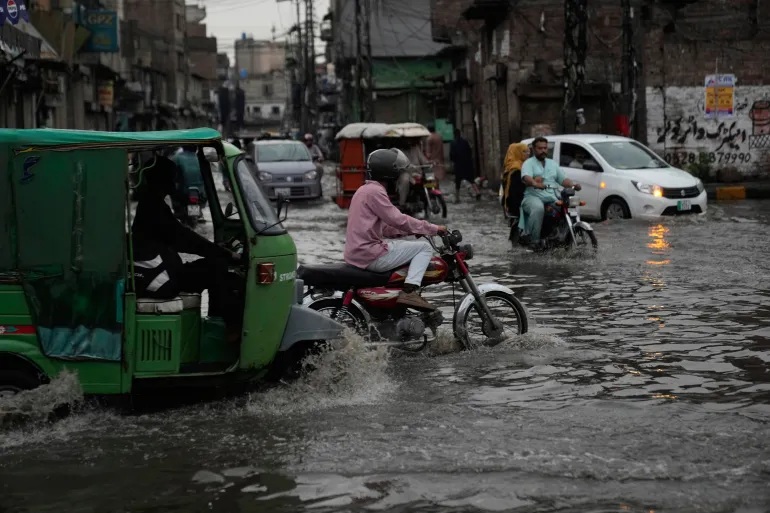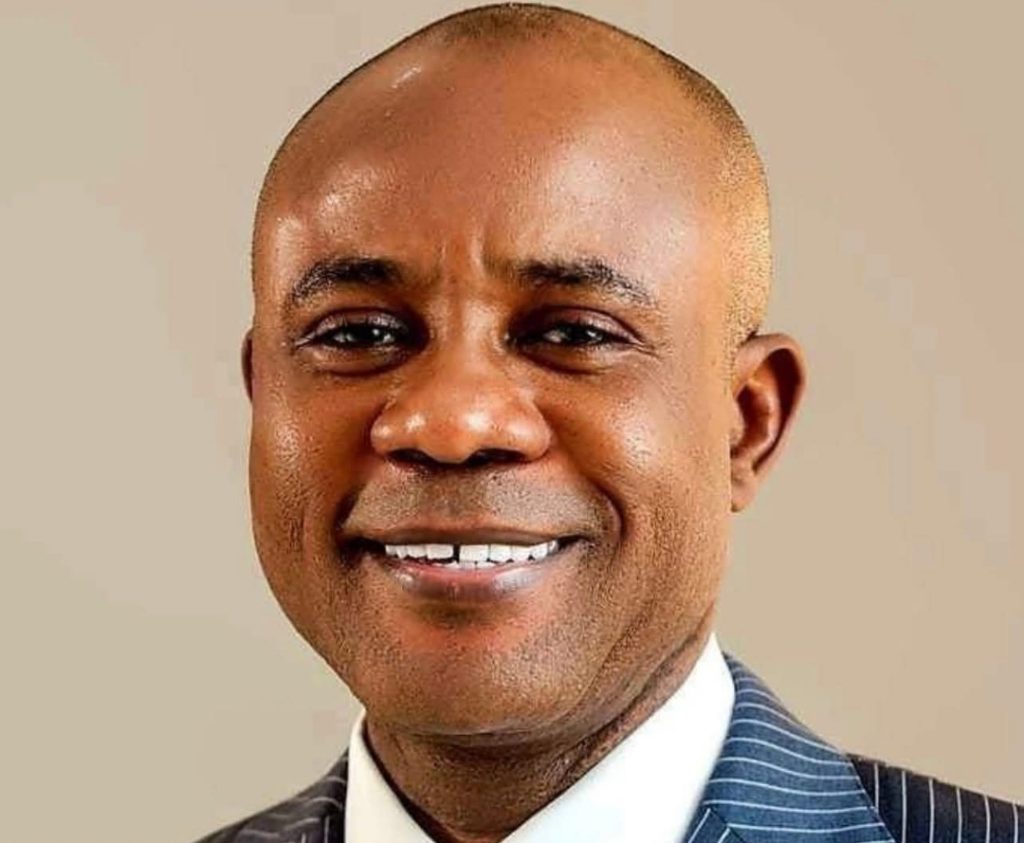News
Again, Akwa Ibom State tops HIV prevalence chart in Nigeria

Akwa Ibom State has once again emerged as the state with the highest HIV prevalence rate in Nigeria, recording a staggering 5.5%.
The state also accounts for 12% of the country’s tuberculosis (TB) cases, according to a recent report.
The findings were revealed in a detailed situational analysis conducted under the Gender Equality Fund (GEF) initiative, a collaborative effort between Lawyers Alert and Media Health Rights (MHR).
The report highlights malaria as a major health concern, particularly affecting pregnant women and children under five years old.
The study sheds light on the deep-rooted gender-based challenges that prevent women from accessing adequate healthcare for TB, HIV, and malaria.
These barriers include systemic inequalities, cultural practices, financial limitations, and gaps in policy implementation, all of which contribute to the ongoing struggle for equitable healthcare access.
During a virtual media briefing held in Uyo over the weekend, Dr. Rommy Mom, President of Lawyers Alert, emphasized the urgent need to address these disparities.
He stated that the report underscores the critical need for gender-sensitive healthcare policies and community-driven advocacy to tackle the issues head-on.
“Akwa Ibom has consistently recorded some of the highest HIV rates in Nigeria, with TB co-infections further complicating the health landscape,” Dr. Mom explained.
“Malaria remains a leading cause of death, especially among pregnant women and young children. Despite ongoing efforts, stigma, gender inequality, and inadequate healthcare infrastructure continue to impede progress.”
The report identifies several key challenges, including economic dependency, where many women rely financially on others, limiting their ability to seek timely medical care.
Stigma and discrimination also play a significant role, as fear of judgment discourages women from accessing HIV and TB services.
Cultural and religious beliefs further complicate matters, with traditional remedies often preferred over modern healthcare due to deeply ingrained beliefs.
Additionally, the healthcare system faces shortcomings such as frequent shortages of TB medications, lack of diagnostic tools, and poor infrastructure, particularly in rural areas, which hinder effective service delivery.
To address these issues, the report recommends integrating healthcare services by combining TB, HIV, and malaria care into a unified framework to improve efficiency and patient outcomes.
It also calls for economic empowerment, providing financial support and income-generating opportunities for women to reduce dependency and improve healthcare access.
The report also emphasizes the need for policy enforcement, enhancing the visibility and implementation of existing health policies, particularly those aimed at reducing gender disparities and stigma.
Finally, it suggests private sector collaboration, partnering with private entities to address funding gaps and improve the availability of essential medications and diagnostic tools.
Lawyers Alert and MHR are urging the Akwa Ibom State Government, healthcare providers, civil society organizations, and international partners to adopt gender-transformative approaches in tackling these healthcare challenges.
They emphasize the need to address the root causes of reliance on traditional medicine and the frequent stockouts of essential drugs in health facilities.
“By addressing these systemic issues, we can create a more cohesive and effective healthcare system that ensures equitable access to prevention, treatment, and care services for all,” the organizations stated.
The situational analysis is part of the “Law, Rights, and Community Empowerment for Social Change in TB, HIV, and Malaria Response” project, supported by the GEF Fund.
The initiative aims to dismantle gender-related barriers to healthcare access in Nigeria, focusing on women and vulnerable groups affected by these diseases.
For Diaspora Digital Media Updates click on Whatsapp, or Telegram. For eyewitness accounts/ reports/ articles, write to: citizenreports@diasporadigitalmedia.com. Follow us on X (Fomerly Twitter) or Facebook











